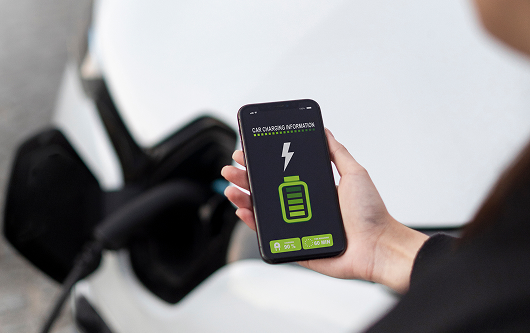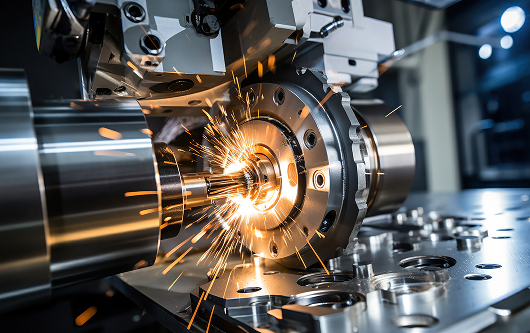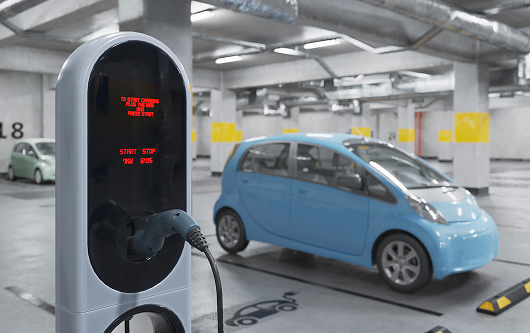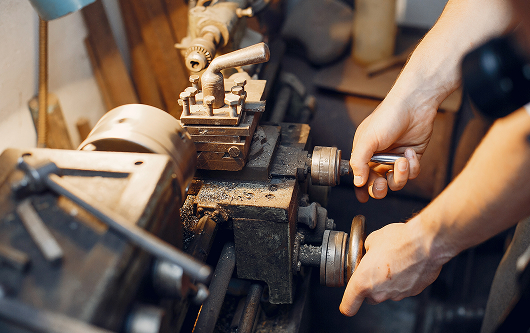Introduction
In high-voltage environments such as electric vehicles (EVs) and solar power systems, the surface finish of components plays a crucial role in their performance, durability, and overall efficiency. The right finish on brass components not only improves electrical conductivity but also enhances their resistance to corrosion, wear, and environmental stress. OttoneMech specializes in providing advanced surface treatments for brass components, tailored to meet the specific needs of industries like EV, renewable energy, and more. Whether it’s for connectors, terminals, or busbars, we ensure that your components perform at their best for longer periods
Popular Brass Finishing Options
At OttoneMech, we offer a variety of surface finishes to enhance the performance of brass components. Each finishing option has unique benefits that make it ideal for specific applications in EV and other high-performance systems:
- Benefits: Nickel plating is known for its excellent corrosion resistance, making it ideal for components exposed to harsh environments. It also enhances the component’s durability and can improve its aesthetic appeal.
- Applications: Commonly used for clamps, terminals, connectors, and battery components in EVs. Nickel plating ensures these parts withstand moisture, salt, and temperature fluctuations without degrading over time.
- Benefits: Tin plating offers low contact resistance and is highly solderable, which is crucial for parts that need to be easily assembled or integrated into circuit boards (PCBs).
- Applications: Ideal for PCB connectors, solderable terminals, and other components requiring excellent electrical conductivity and ease of soldering.
- Benefits: Silver plating is considered the best in terms of electrical conductivity. It reduces contact resistance and enhances performance in high current applications, which is especially important in fast-charging EV systems.
- Applications: Silver plating is the preferred choice for premium EV applications where superior conductivity is required, such as for battery connections, busbars, and high-power terminals.
- Benefits: A natural brass finish offers a polished, aesthetic appearance that is suitable for non-critical applications. While it doesn’t provide the same level of corrosion resistance as plated finishes, it can still be used effectively in indoor or concealed applications.
- Applications: Typically used in internal components or parts that won’t be exposed to extreme environmental conditions. Its aesthetic and functional properties make it a good choice for non-critical or decorative components.
Performance Benefits of Surface Finishing
Surface finishing plays a significant role in improving the overall functionality and longevity of brass components used in EVs and other high-voltage systems. Here’s how proper finishing enhances performance:
- Increased Corrosion Resistance:Finishing treatments like nickel and tin plating help protect brass from corrosion caused by moisture, chemicals, and salt exposure, which is especially important in outdoor or high-humidity environments.
- Enhanced Solderability: Tin plating, in particular, improves solderability, making it easier to integrate brass components into circuit boards and assemblies without compromising the electrical connection.
- Protection Against Oxidation and Wear:Brass components are prone to oxidation over time, which can reduce conductivity. Plating such as silver or nickel offers an extra layer of protection against oxidation and wear, extending the component’s lifespan and ensuring consistent performance.
Selecting the Right Finish for Your Brass Components
Choosing the right surface finish for your brass components is essential to achieving optimal performance and durability. When selecting a finish, consider the following factors:
- Operating Environment: The environmental conditions in which your components will function—such as exposure to moisture, heat, or outdoor elements—will significantly impact the choice of finish
- Electrical Load and Current-Carrying Requirements: Components that carry high current, like battery terminals or busbars in EVs, require finishes that reduce resistance and ensure efficient power transfer. For these applications, silver or nickel plating is often the best choice.
- Cost-Efficiency vs. Performance:While high-end finishes like silver plating provide superior conductivity, they may also come at a higher cost. Balancing cost with performance requirements is crucial for optimizing your component’s performance within budget.
OttoneMech’s Advantage
At OttoneMech, we specialize in custom surface finishes that are designed to meet the precise needs of your application. Here’s how we set ourselves apart:
- Custom Plating Based on Specification:We provide tailored surface finishes, such as nickel, tin, or silver plating, depending on your requirements for conductivity, corrosion resistance, and aesthetic appeal.
- Salt Spray Testing for Finish Durability:We subject our plated brass components to salt spray tests to ensure that the surface finish will withstand harsh environments and continue to perform reliably over time
- Component-Level Inspection: Every component undergoes rigorous quality control checks to ensure that it meets the highest standards for performance, durability, and finish quality.
Conclusion
Surface finishing is an essential aspect of brass component manufacturing, particularly for applications in electric vehicles and other high-voltage systems. The right surface treatment can enhance conductivity, improve durability, and extend the life of your components. OttoneMech offers a range of high-quality surface finishes designed to meet the demanding requirements of EV systems, renewable energy applications, and more.
Let's Talk About Your Project
Don't let surface oxidation or wear shorten the life of your EV components. OttoneMech’s surface-finished brass parts are engineered for longevity and optimal performance. Contact us today to discuss the right plating for your brass connectors, terminals, and other critical components.




